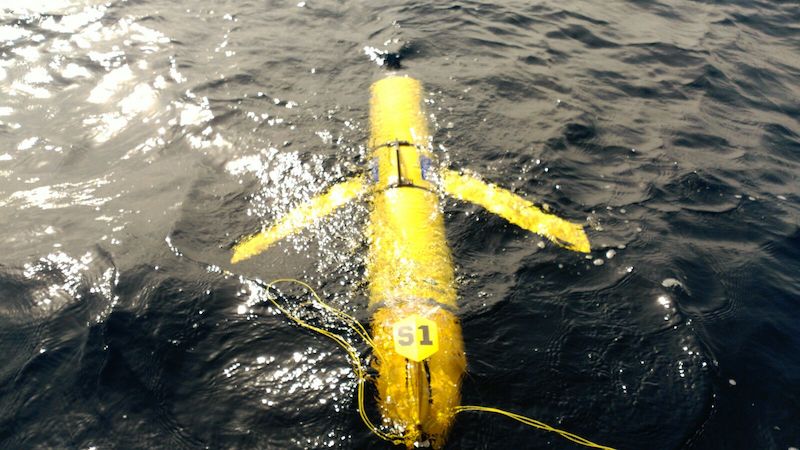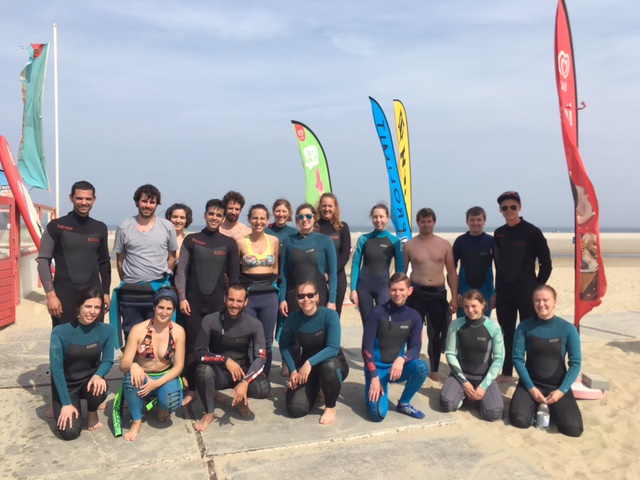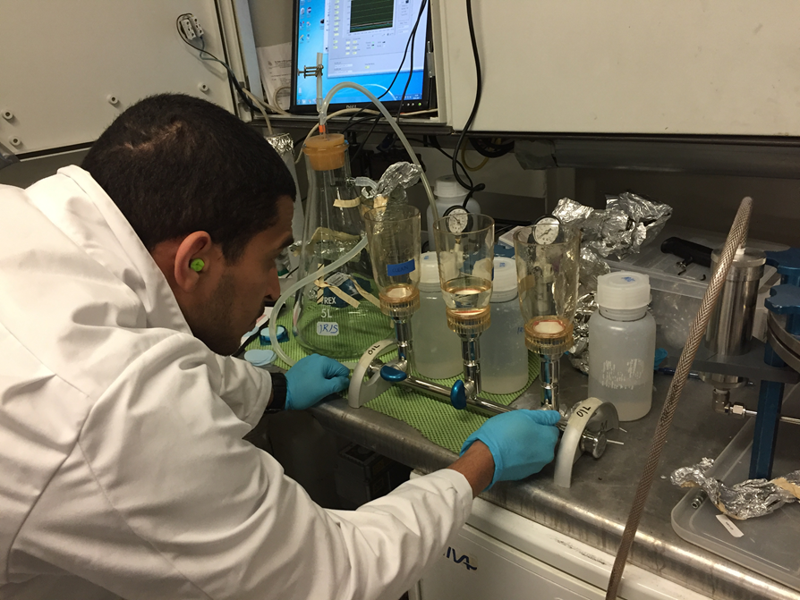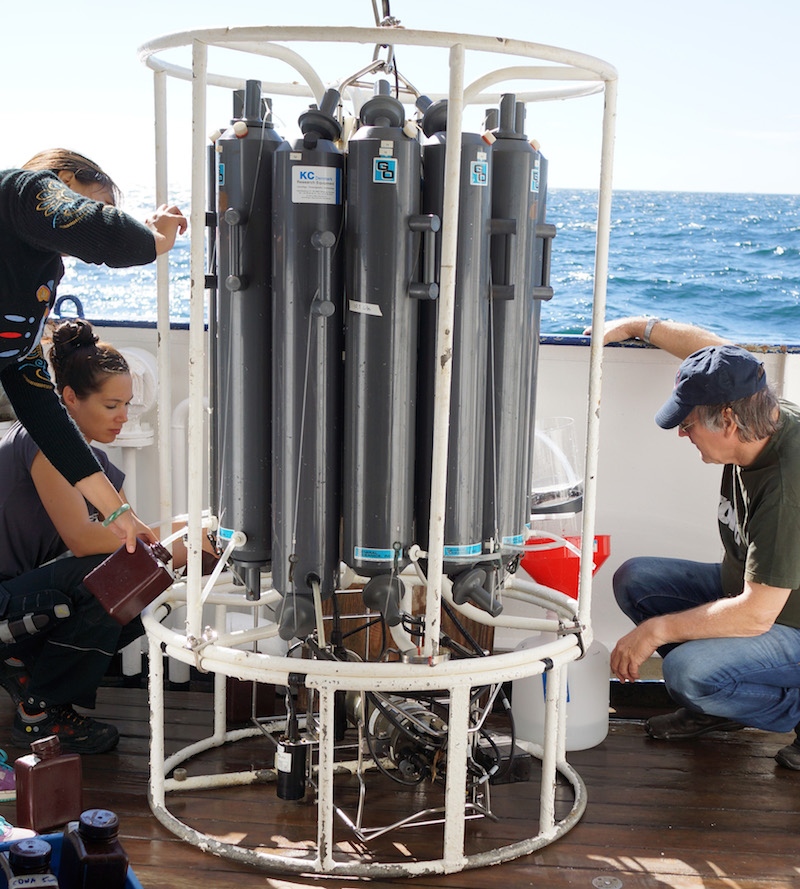Summer 2017 Welcome to the JERICO-NEXT Newsletter
3rd ISSUE – JERICO-NEXT, Joint European Research Infrastructure network for Coastal Observatory – Novel European eXpertise for coastal observaTories

Image credit: SOCIB GLIDER TEAM
We are very pleased to send you the latest updates on coastal observatories and JERICO-NEXT activities.
| JERICO-NEXT Summer School 2017 | |
| From 19 – 23 June the first JERICO-NEXT summer school was held near The Hague (the Netherlands). Twenty-one early career scientists from various disciplines learned about multi-disciplinary monitoring and data analysis. The nearby Sand Motor pilot project area was used as an illustration of the multi-disciplinary approach during the field work and hands-on exercises. Lectures addressed the JERICO-NEXT research infrastructure for | coastal waters, monitoring methods, data managementand the application of multi-disciplinary data for MSFD and research projects. Several multi-disciplinary research projects were presented in more detail: NatureCoast (on coastal defense), Seacams (on tidal renewable energy) and JMP-EUNOSAT (on MSFD eutrophication descriptor). All-in-all, the students spent an inspiring and pleasant week together by the sea. More info here |
| We wish you a pleasant and fruitful reading! Adam Gauci and Patrick Farcy |
|

|
|
Spotlight on the TNA project ABACUS 3
ABACUS 3 is a project funded by JERICO-NEXT Transnational Access which aims at assessing the importance of a new monitoring line across the Algerian Basin between Palma de Mallorca and the Algerian Coast. For more information watch the video below and then click here.
The third and last call for access to the JERICO-NEXT Coastal Observatories and Supporting Facilities is planned for January 2018.
|
|
| Advances on JERICO-NEXT valorisation through applied joint research | |
| Case study on marine contaminants – artificial sweeteners | |
| The ubiquitous presence of artificial sweeteners in North European and Arctic coastal waters was discovered in the framework of the JRAP3 activities led by NIVA (Norway) thanks to the JERICO-NEXT project. JRAP3 deals with the assessment of distribution of man-made chemical pollutant in European coastal water and the biological responses they can induce. More info here |  |
| Phytoplankton biodiversity investigated with novel methods | |
 |
Under JRAP1 activities, in 2017 SMHI, NIVA, HZG-AWI and other partners are working up the data from the intense study near a mussel farm on the Swedish Skagerrak coast in autumn 2017 where an imaging flow cytometer was used together with other instruments and manual water sampling to observe algal bloom dynamics and biodiversity. More info here |
|
|
Upcoming JERICO-NEXT events
5th-6th October 2017, Bergen (Norway): a Joint WP2-WP5 WORKSHOP on ASSIMILATING TECHNICAL BEST PRACTICE IMPROVEMENTS TO OPTIMIZE NETWORK DATA FLOW will be organized during these two days in the framework of EuroGOOS 2017 Conference. This workshop is open to the public. More information here
17th-19th October 2017, Oslo (Norway): The 8th FerryBox Workshop will be arranged as a cruise on NIVAs FerryBox ship Color Fantasy traveling between Oslo and Kiel. More information here
4th-5th December 2017, Issy-les-Moulineaux (France): The 4th Steering Committee meeting will be held during two full days in Issy-les-Moulineaux near Paris next December.
|
|
To access the project deliverables – http://www.jerico-ri.eu/project-information/deliverables/
Editor: Anne Schmidt
